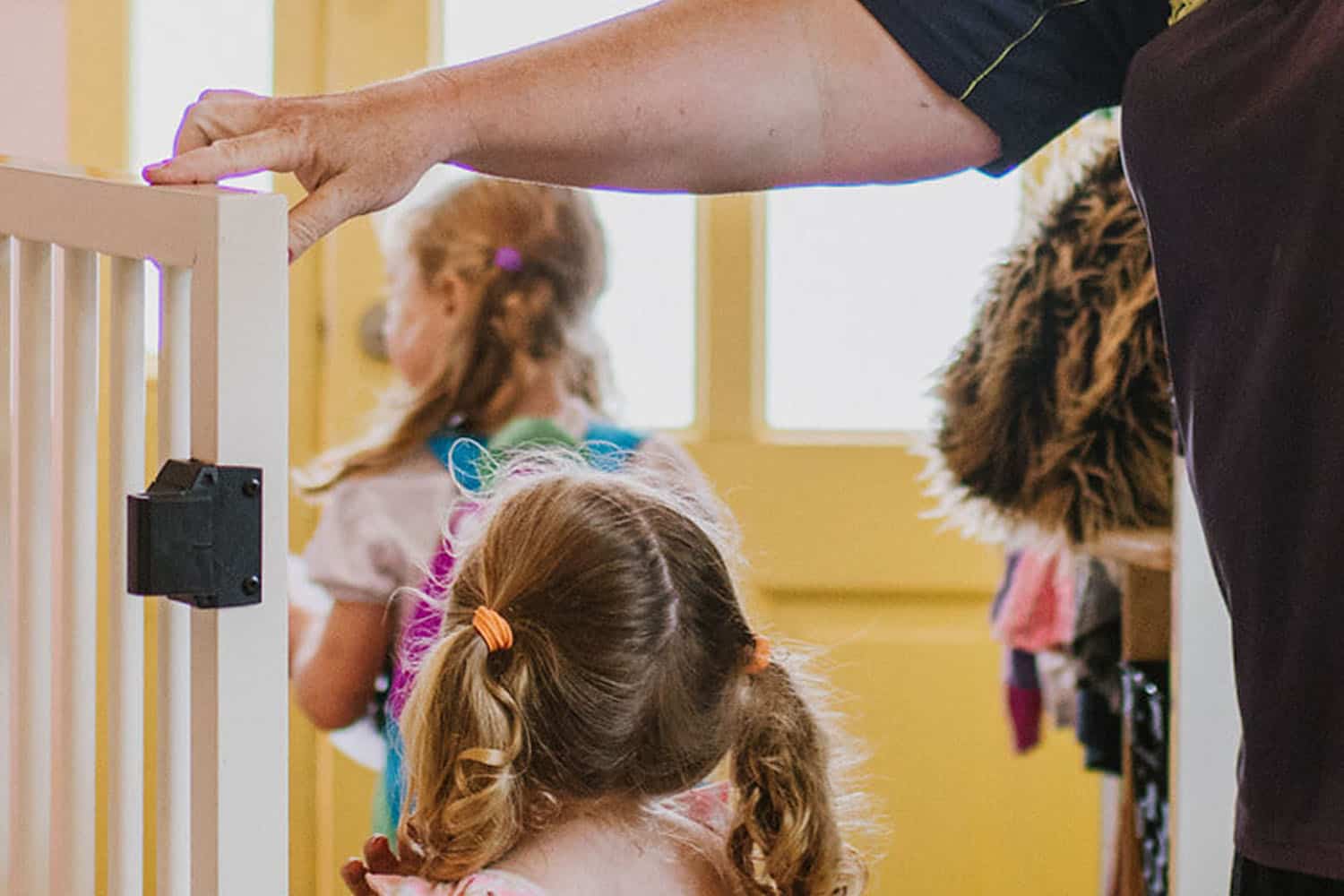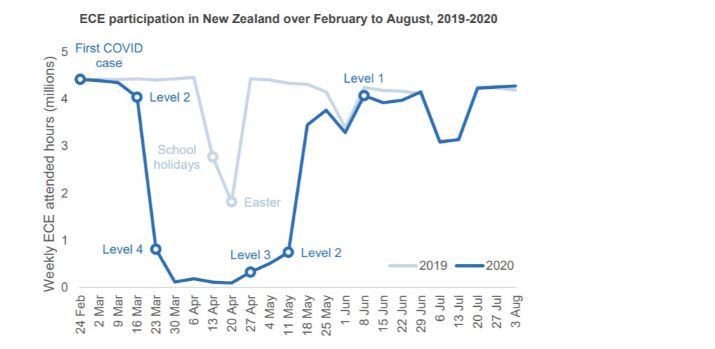ECE Service Advice on Rapid Antigen Tests – Children and Staff.
March 16, 2022.
Key recommendations:
- RATs should be taken home and not administered at the ECE service (unless a child’s family asks for support).
- Don’t force people to take a RAT, and ECE services are strongly advised not to give it to children.
Minister Hipkins said today that all early learning (sic early childhood education) centres can request to receive a supply of RATs for symptomatic staff, children, and their household members.
But if a staff member or child is sick should they even be at the ECE service?
Children and staff who are symptomatic should not be at the service. This is an important message to provide to all families and staff. This is an important message for staff who are feeling under pressure to be at work, to give to their employer.
Symptomatic (adjective) means showing symptoms.
Talk with parents and families about the importance of not masking symptoms, such as fever, by dosing their child up with cough medicine, Panadol, Pamol, or Ibuprofen. Show your understanding of the great deal of pressure on parents to be at work but it’s for everyone’s safety not to sneak their unwell child in. (There’s an excellent article on this topic that goes into the details and provides practical guidance – Administering Medicine – Sick Children in Early Childhood Care (oece.nz)
What if a child or staff member shows symptoms after arrival?
If children show symptoms during the day, the child should be isolated and their parents or caregivers called to collect their child. RATs can be supplied to the family who may choose to do the tests before leaving the service or at home.
Who will test children?
Staff should not administer Rapid Antigen Tests to children, except in the following circumstances
- The staff member has received training on how to do the test correctly. (Here’s a link to a Ministry of Health video explaining how to do some of the tests)
- Parents may ask a teacher whom they and their child trusts for help in administering the test.
- The child is okay with it (has given their permission). If the child objects, staff should not breach the child’s rights by assisting or taking a swab.
- Parents/ caregivers have given their signed consent. However, the Office of Early Childhood Education, strongly advises against ECE services testing any child, and certainly not if a child’s parents are not present and the child objects to the procedure.
Can staff be made to do twice-weekly testing?
Minister Hipkins said that the tests are also being provided for twice-weekly assurance testing of staff so that services can remain open.
Employers may require their staff to do twice-weekly testing if it’s in their employment contract or they have agreed to it, but not if they have not agreed to it.
Are RATs results reliable?
It is best to exercise caution in relying on the results of RATs for assurance that staff do not have Covid-19. A person can test negative for RATs but still have Covid-19, this may be due to the test not being sensitive enough to detect Covid in its early stage or because the test was not correctly performed. A person may test positive for RATs but have just recently recovered from having had Covid.
Why ECE services are left to rely on RATs to give assurance that its safe to remain open
Ensuring a good airflow or ventilation in all spaces and rooms used by children and staff mask wearing are effective ways of controlling the spread of Covid.
But the Ministry of Education has licensed ECE service that do not meet regulation for ventilation, especially in bathrooms and sleep rooms.
Will the RATs supplied to ECE services be ones that are most suitable for young children?
Providing a saliva sample can be more comfortable and is more easily tolerated than an anterior (front) nasal swab or a nasopharyngeal swab. But at this time it doesn’t look like ECE services can request saliva RATs.
Will the offer be extended to other ECE services such as home-based?
We expect it to include every licensed ECE service, including home-based. However, government is to confirm this as Minister Hipkins’ press release placed an emphasis on ‘centres’.
How must RATs be stored?
RATs must be kept out of reach of children (preferably in a locked container or cupboard), and stored according the manufacture’s instructions.









